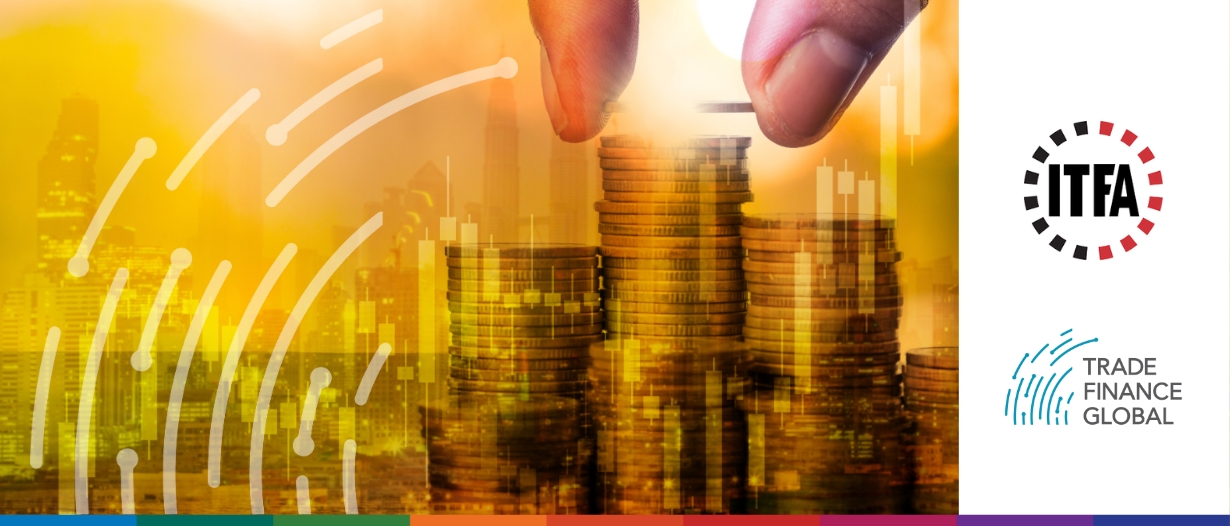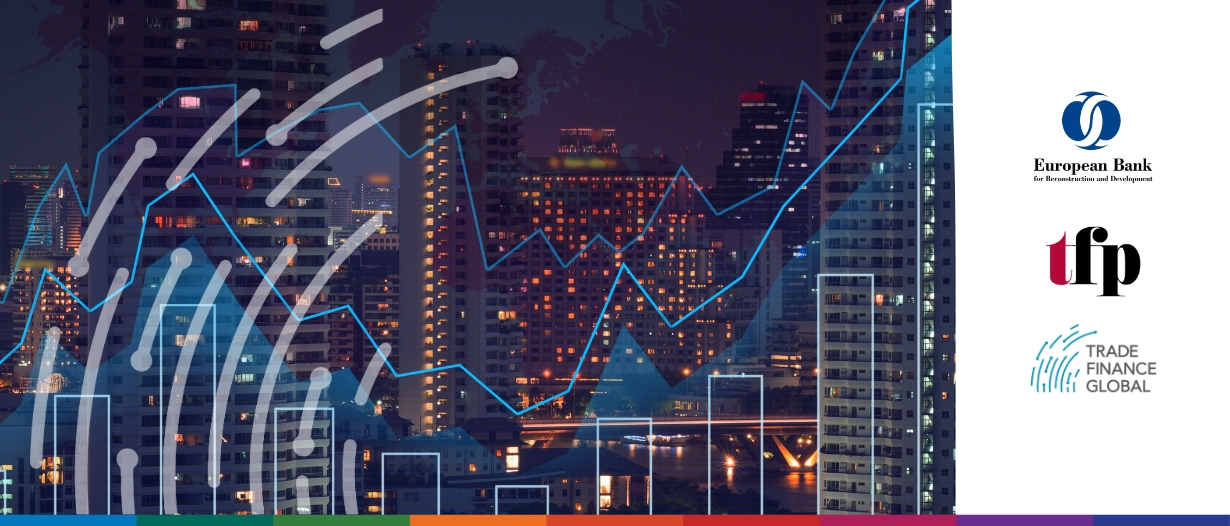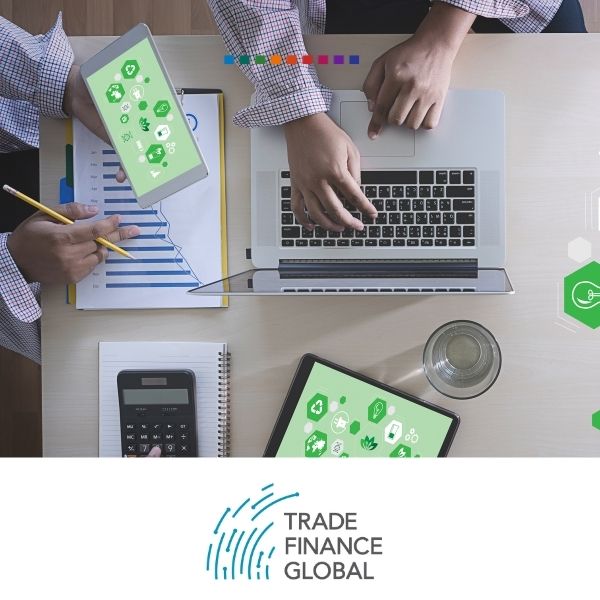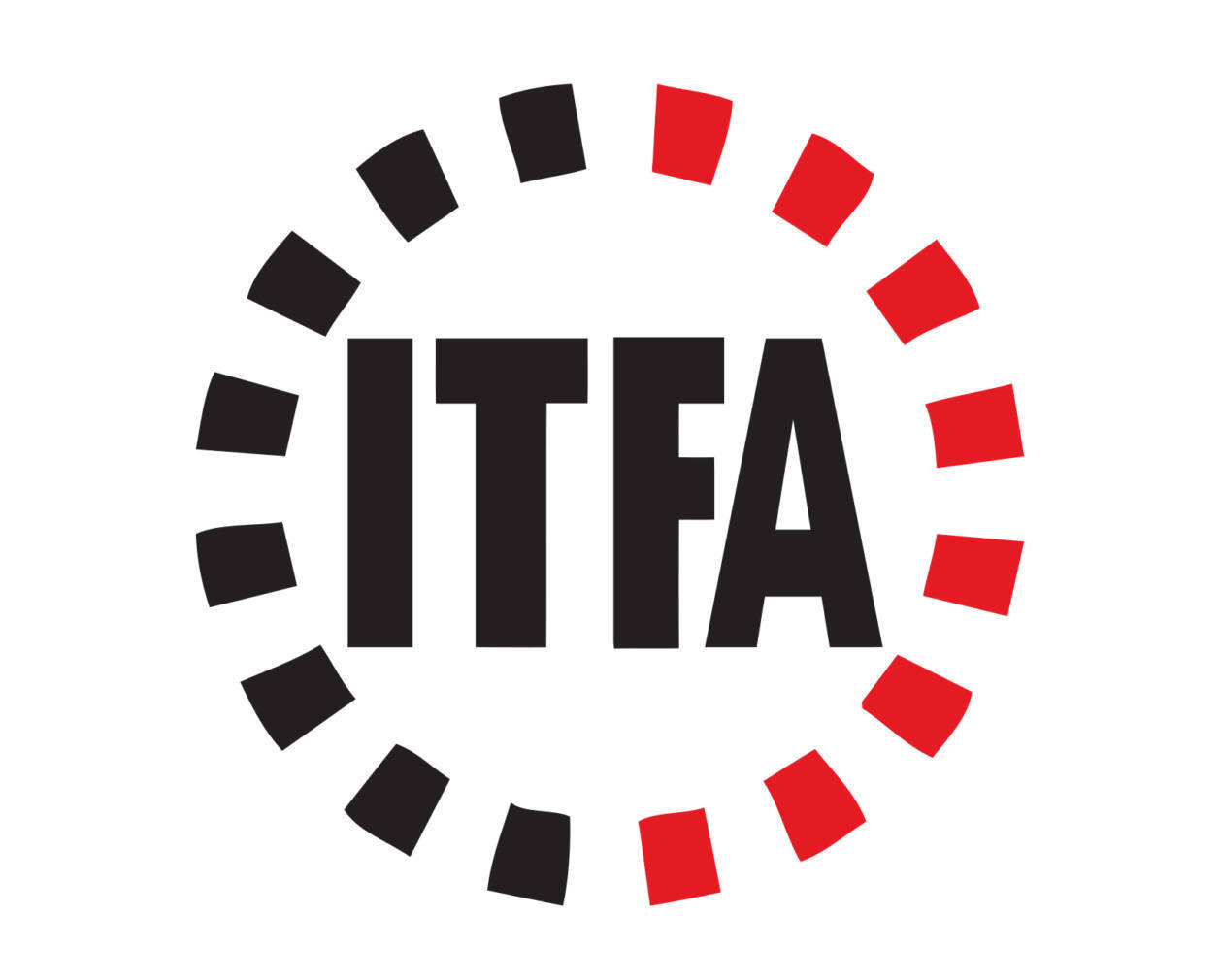Sustainable Trade Finance
Welcome to the TFG Sustainable Trade Finance Hub, a content centre for market insights on ESG, sustainability, climate change, and decarbonisation initiatives in relation to trade finance.
International trade is an engine for economic growth and development, but it also accounts for some 80% of the world’s carbon emissions.
This hub aims to report on how companies are tackling the challenge of meeting the targets of the 2016 Paris Agreement and the 2020 Glasgow Agreement, which set a path for signatory countries to reduce greenhouse emissions.
Additionally, the hub will offer information on how companies are aligning with the United Nations (UN) 2030 Sustainable Development Goals (SDGs), and how sustainability priorities are being integrated into global supply chains.
Finally, a transition towards sustainable and inclusive trade will require standards and definitions, the latest of which you can also find here.
Featured ESG and trade insights
 New sustainability approaches in shipping: Strategies for decarbonising the industry – The maritime industry, often seen as a major contributor to pollution, is under increasing pressure to adopt sustainable practices.
New sustainability approaches in shipping: Strategies for decarbonising the industry – The maritime industry, often seen as a major contributor to pollution, is under increasing pressure to adopt sustainable practices. PODCAST | FCI’s Neal Harm on kicking off inclusive growth in the factoring industry – To better understand the principles of financial inclusion, equitable regulation, and sustainable growth in the factoring industry, Trade Finance Global’s (TFG) Deepesh Patel spoke with new FCI Secretary General, Neal Harm.
PODCAST | FCI’s Neal Harm on kicking off inclusive growth in the factoring industry – To better understand the principles of financial inclusion, equitable regulation, and sustainable growth in the factoring industry, Trade Finance Global’s (TFG) Deepesh Patel spoke with new FCI Secretary General, Neal Harm.  The ESG challenge for African credit insurers – Explore the unique challenges and opportunities of integrating ESG principles in Africa. Learn how holistic approaches can drive sustainability and resilience.
The ESG challenge for African credit insurers – Explore the unique challenges and opportunities of integrating ESG principles in Africa. Learn how holistic approaches can drive sustainability and resilience. The rise of hydrogen and its impact on the energy market – Discover the transformative role of hydrogen in the global energy sector in 2024. Explore the trends shaping the energy landscape and the potential of renewables.
The rise of hydrogen and its impact on the energy market – Discover the transformative role of hydrogen in the global energy sector in 2024. Explore the trends shaping the energy landscape and the potential of renewables. 8 takeaways from the first CBAM reporting deadline – Europe’s first carbon tariff: EU’s CBAM requirements & deadlines apply to global supply chains & manufacturers. Learn how to prepare.
8 takeaways from the first CBAM reporting deadline – Europe’s first carbon tariff: EU’s CBAM requirements & deadlines apply to global supply chains & manufacturers. Learn how to prepare. CarbonChain, thyssenkrupp launch carbon tracing tool for green procurement – CarbonChain and thyssenkrupp Materials Services partner to drive decarbonisation through carbon traceability & intensity reports.
CarbonChain, thyssenkrupp launch carbon tracing tool for green procurement – CarbonChain and thyssenkrupp Materials Services partner to drive decarbonisation through carbon traceability & intensity reports. IFC and DBS Launch $500m facility to promote trade flows in emerging markets – Learn how IFC and DBS Bank are bridging the global trade finance gap and supporting trade financing in emerging markets.
IFC and DBS Launch $500m facility to promote trade flows in emerging markets – Learn how IFC and DBS Bank are bridging the global trade finance gap and supporting trade financing in emerging markets. UK to launch carbon border adjustment mechanism in January 2027 – Understand the implications of the UK’s proposed Carbon Border Adjustment Mechanism (CBAM) for sectors like iron, steel, cement, and more.
UK to launch carbon border adjustment mechanism in January 2027 – Understand the implications of the UK’s proposed Carbon Border Adjustment Mechanism (CBAM) for sectors like iron, steel, cement, and more. BII climate report: Urgent action needed for emerging markets – Discover the effects of climate change on businesses in vulnerable regions. Read the key findings from the Emerging Economies Climate Report.
BII climate report: Urgent action needed for emerging markets – Discover the effects of climate change on businesses in vulnerable regions. Read the key findings from the Emerging Economies Climate Report. AfDB allocates $46m to Ethiopia for water resilience in Borana – Discover how the African Development Fund is supporting Ethiopia’s water supply and sanitation with a $46.02 million aid allocation.
AfDB allocates $46m to Ethiopia for water resilience in Borana – Discover how the African Development Fund is supporting Ethiopia’s water supply and sanitation with a $46.02 million aid allocation. The rise of hydrogen and its impact on the energy market – Discover the transformative role of hydrogen in the global energy sector in 2024. Explore the trends shaping the energy landscape and the potential of renewables.
The rise of hydrogen and its impact on the energy market – Discover the transformative role of hydrogen in the global energy sector in 2024. Explore the trends shaping the energy landscape and the potential of renewables. Global carbon permit markets reach record €881b in 2023 – The value of traded global markets for carbon dioxide (CO2) permits reached a record 881 billion euros ($948.75 billion) in 2023, marking a 2% increase on the previous year, analysts… read more →
Global carbon permit markets reach record €881b in 2023 – The value of traded global markets for carbon dioxide (CO2) permits reached a record 881 billion euros ($948.75 billion) in 2023, marking a 2% increase on the previous year, analysts… read more →Videos – Sustainability, green finance, and climate change
Podcasts – Sustainability and climate change for trade
Sustainable trade finance – Frequently asked questions (FAQs)
In response to growing concerns over climate change and global warming, companies are increasingly looking at ways to minimise and mitigate their impact on the environment.
Companies are now identifying environmental, social, or governance (ESG) risks associated with their business activities, such as the use of fossil fuels or other polluting goods and services within their supply chains.
By better understanding those risks and their potential reputational, credit, and regulatory impacts, companies can play an active role in creating sustainable trade and encouraging sustainable practices, and can assist in the global implementation of sustainability policies and standards.
Green loan
As the name suggests, a green loan is a loan that is taken out to finance green projects.
The term ‘green loan’ was first introduced in March 2018, when the UK-based Loan Market Association (LMA) and several other industry bodies published a report known as ‘Green Loan Principles’.
In the report, as green loan is defined as follows: “The fundamental determinant of a green loan is the utilisation of the loan proceeds for Green Projects (including other related and supporting expenditures, including R&D), which should be appropriately described in the finance documents and, if applicable, marketing materials.
“All designated Green Projects should provide clear environmental benefits, which will be assessed, and where feasible, quantified, measured and reported by the borrower.”
As such, green projects could refer to those in sectors like renewable energy, waste reduction, and clean transportation, and can also cover related and supporting expenditures like research and development (R&D).
At present, one of the biggest challenges for the sustainable financing industry is its lack of common standards, and that’s why the LMA and its partner organisations published the ‘Green Loan Principles’, which attempts to set out market standards and guidelines.
Other industry bodies, such as the International Chamber of Commerce (ICC), are also currently in the process of introducing a draft framework of globally accepted standards and definitions for sustainable trade and trade finance, which would also cover green loans.
Within the trade finance industry, major banks are already issuing green loans, and their numbers continue to grow.
This year, for example, UKEF announced a £430 million green loan – first-ever government-backed green transition loan to engineering and consultancy firm Wood to seize new clean growth export opportunitiesfirst.
Sustainability-linked loan
In 2019, the LMA and several partner organisations published the ‘Sustainability Linked Loans Principles’, as a follow-up to the ‘Green Loan Principles’ mentioned above.
According to the 2019 report, sustainability-linked loans are defined as “loan instruments and/or contingent facilities (such as bonding lines, guarantee lines or letters of credit) which incentivise the borrower’s achievement of predetermined sustainability performance objectives”.
In contrast to green loans, a sustainability-linked loan can be issued for non-green purposes, such as the financing of general business operations.
Specifically, a sustainability-linked loan could link conditions such as the term or price of a loan to the borrower’s performance against particular sustainability targets.
As such, these targets are usually negotiated and agreed on by the borrower and the lender for each transaction.
And finally, it should also be noted that a loan can be structured using both green loan and sustainability-linked loan principles simultaneously.
Sustainable supply chain finance
Sustainable supply chain finance refers to financial practices and techniques that incentivise sustainable behaviours among parties to a transaction.
In practice, sustainable finance supply chain finance rewards suppliers for integrating ESG priorities into their supply chain.
Sustainable shipment letter of credit (SSLC)
A sustainable shipment letter of credit (SSLC) is a green financing product that was developed specifically for trade finance.
It was first launched in 2014 by the International Finance Corporation (IFC) – which is part of World Bank Group – and the Banking the Banking Environment Initiative (BEI).
The BEI is a group of global banks that aims to promote a more sustainable economic future.
It was convened in 2010 by the Cambridge Institute for Sustainability Leadership in the UK, with the shared goal of expanding the global trade of sustainably-sourced commodities.
Like a regular letter of credit, an SSLC allows for discounted financing for trade transactions, but unlike a regular letter of credit, it is only issued based on specific sustainability criteria.
To qualify for an SSLC, a supplier must provide evidence that their product meets internationally-recognised sustainability criteria, and that is usually done in the form of a sustainability stamp that is specific to the supplier’s industry.
For example, the first use of an SSLC was for a shipping of palm oil backed by a Roundtable on Sustainable Palm Oil (RSPO) certificate, which guarantees that no forests or communities were harmed during the extraction of the oil.
Green finance is a broad term that typically refers to financial investments that contribute to sustainable development and environmental initiatives. Learn more about green finance here.
Green finance is important as it promotes and supports the flow of financial instruments and related services towards the development and implementation of sustainable business models, trade, and investments.
More broadly, green finance facilitates the introduction of sustainable economic, environmental, and social policies. This includes the advancement of policies oriented towards the United Nations (UN) 2030 Sustainable Development Goals (SDGs), which seek to shift the focus of commercial activity from shareholders’ value creation (economic value) to stakeholders’ value creation (economic, environmental, and social value
Green finance encompasses all the initiatives taken by private and public agents (e.g. businesses, banks, governments, international organisations, etc.) to develop, promote, implement, and support projects with sustainable environmental impacts through financial instruments.
Examples of green finance projects could include the promotion of renewable energies, energy efficiency, water sanitation, and environmental audits.
Green finance could also be used to reduce transportation and industrial pollution; to tackle climate change and deforestation; or to lower a company’s own carbon footprint.
The terms ‘sustainability’ and ‘ESG’ are often used interchangeably, including by business leaders and environmental campaigners.
Sustainability and ESG are similar concepts, but in their current usage the main difference is that ESG often refers to specific metrics that can be quantified and measured, whereas sustainability does not.
Sustainability is more of an umbrella term that encompasses a company’s efforts to reduce the negative impacts of its business on the environment, such as by reducing or offsetting its carbon emissions.
Strategic Partners
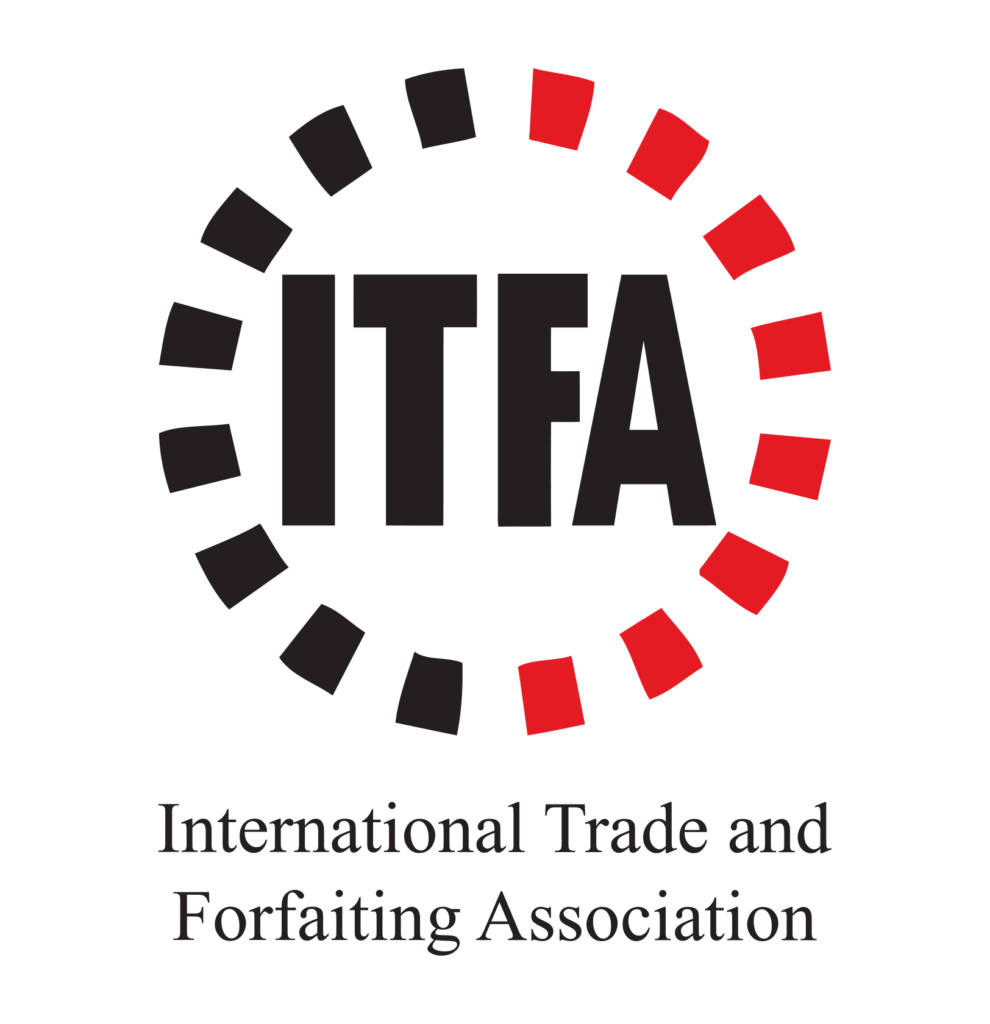
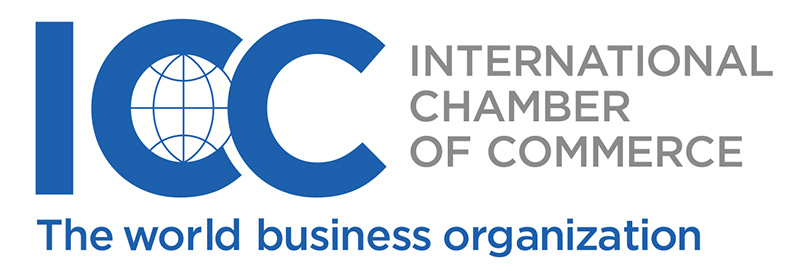
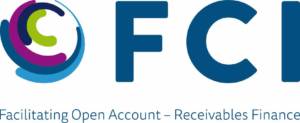

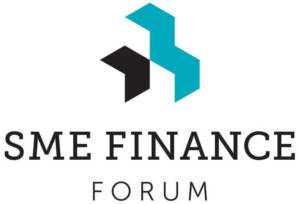
Our partner
Latest from COP26
IFC and DBS Launch $500m facility to promote trade flows in emerging markets
0 Comments
UK to launch carbon border adjustment mechanism in January 2027
0 Comments
BII climate report: Urgent action needed for emerging markets
0 Comments
AfDB allocates $46m to Ethiopia for water resilience in Borana
0 Comments
The rise of hydrogen and its impact on the energy market
0 Comments
Global carbon permit markets reach record €881b in 2023
0 Comments
UNCTAD highlights global trade crisis amid maritime disruptions
0 Comments
Latest Sustainability News
New sustainability approaches in shipping: Strategies for decarbonising the industry
0 Comments
CarbonChain Comply launched: A new update for carbon reporting SaaS for metals and energy
0 Comments
PODCAST | FCI’s Neal Harm on kicking off inclusive growth in the factoring industry
0 Comments
IFC and DBS Launch $500m facility to promote trade flows in emerging markets
0 Comments
The ESG challenge for African credit insurers
0 Comments
UK to launch carbon border adjustment mechanism in January 2027
0 Comments
IFC and JICA complete $400m green finance package for BBVA Peru
0 Comments
Investec, Frontclear launch trade finance solution to boost African SMEs
0 Comments
Despite the implementation of AfCTA, Africa represents under 3% of global trade
0 Comments
AfDB allocates $46m to Ethiopia for water resilience in Borana
0 Comments
 Australia
Australia Hong Kong
Hong Kong Japan
Japan Singapore
Singapore United Arab Emirates
United Arab Emirates United States
United States France
France Germany
Germany Ireland
Ireland Netherlands
Netherlands United Kingdom
United Kingdom

